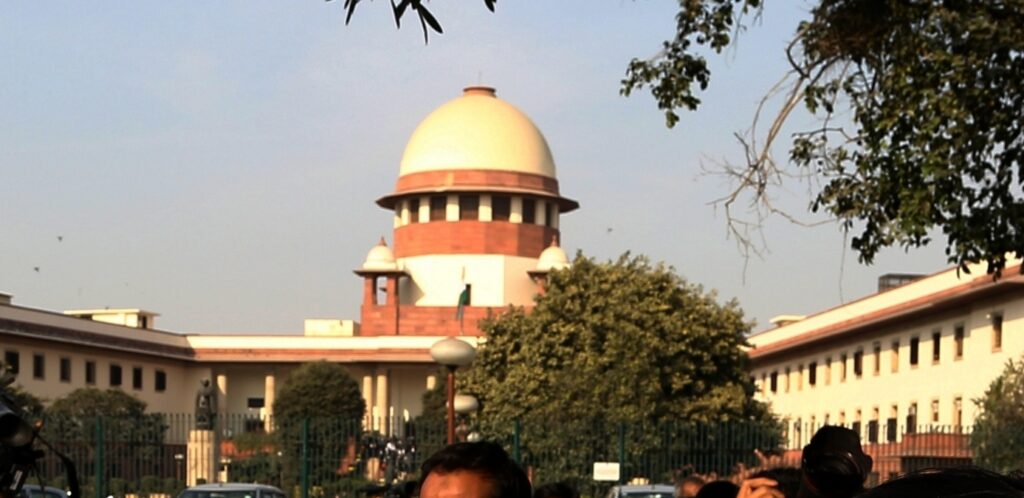New Delhi, Sep 21 (IANS) The Supreme Court on Monday said that a compromise reached between the victim and convict cannot be the solitary basis to mould a sentence, as it emphasised that giving punishment to the wrongdoer is the heart of the criminal delivery system.
A bench of Justices Ajay Rastogi and Abhay S. Oka said: “The compromise cannot be taken to be a solitary basis until the other aggravating and mitigating factors also support and are favourable to the accused for moulding the sentence which always has to be examined in the facts and circumstances of the case on hand.”
The court’s stand came as it dismissed a plea filed by Bhagwan Narayan Gaikwad challenging the Bombay High Court’s order, sentencing him five years in jail and to pay Rs two lakh compensation to the victim whose leg and hand were chopped off by him along with others on December 13, 1993.
The bench noted that it was not satisfied with the kind of compromise which has now been obtained and placed on record after 28 years of the incident. “This court cannot be oblivious of the sufferings which the victim has suffered for such a long time and being crippled for life,” it noted.
It further added that the victim, pursuing his daily chores with a prosthetic arm and leg, has lost his vital organs of his body and become permanently disabled, and such act of the appellant is unpardonable.
Gaikwad, represented by senior advocate Mahesh Jethmalani, contended that he is now 65 years old and had attacked the victim due to misunderstanding and on the spur of moment.
He further added that the relationship between them has become cordial and all grudges have disappeared over time. However, the bench noted, “giving punishment to the wrongdoer is the heart of the criminal delivery system”.
The petitioner contended sentencing him to five-year jail would be unjustified. Similarly, the victim’s counsel urged the court to compound the offence and release the convict by reducing his sentence to the five months of jail, which he had already undergone.
The bench noted that compromise, if entered at the later stage of the incident or even after conviction, can indeed be one of the factors in interfering the sentence to avoid bitterness in the families of the accused and the victim. However, it added compromise cannot be taken to be a solitary basis.
“In totality of the facts and circumstances of the case, we are not inclined to give any benefit of the alleged compromise dated July 13, 2021 for interfering in the sentence awarded by the High Court in the impugned judgment which at least does not call for interference of this court,” it said.

